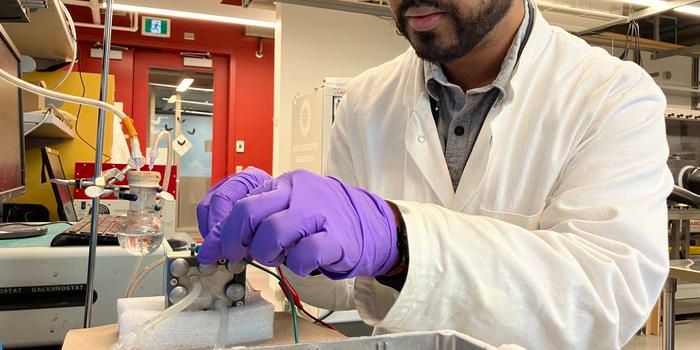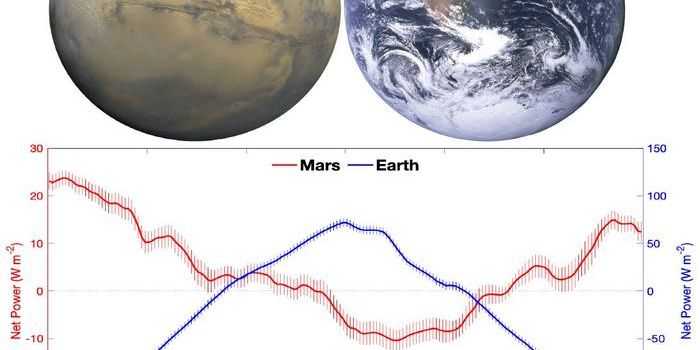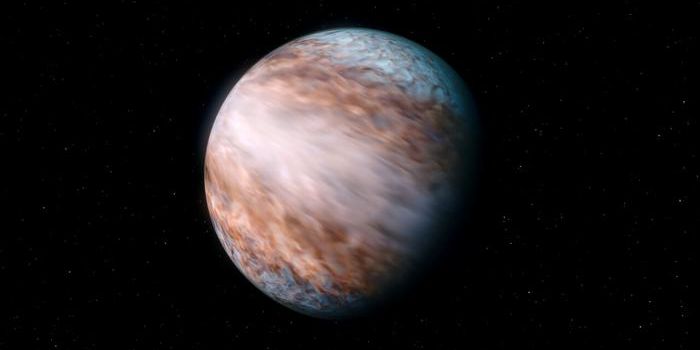Hey Star, Want to Look Younger? Get Yourself a Hot Jupiter!
A new study published in the Monthly Notices of the Royal Astronomical Society finds that “hot Jupiter” exoplanets can have an anti-aging effect on the stars that they orbit.
A team of astronomers used NASA’s Chandra X-ray observatory and the European Space Agency’s (ESA) XMM-Newton observatory to look at dozens of double-star – or binary star – systems in X-ray light. The team wanted to test if certain exoplanets – known as “hot Jupiters” – affect their host stars in comparison to the star in the pair that does not have one.
“Hot Jupiters” are gas giant exoplanets that orbit a star at extremely close distances (i.e., distances closer than the orbit of Mercury around the Sun). These types of exoplanets can influence their host stars through tidal forces, which would cause the star to spin faster than it normally would. This more rapid rotation would make the host star more active, emitting more X-ray photons than a star that is spinning at slower rate. Young stars spin faster and produce more X-rays than older stars, and thus both of these effects would make a star appear younger than it actually is.
It can be difficult for astronomers to precisely determine the ages of stars, so the team decided to study binary systems since the stars in these systems are born at the same time. Therefore, you can assume the stars are the same age. The team selected binary systems where one star had a hot Jupiter and the other star did not. The star that did not have the hot Jupiter could then serve as a control for the experiment.
The astronomers measured the amount of X-ray photons produced by the stars in the binary system. They found that the stars with hot Jupiters orbiting them tended to be brighter in X-ray light than the stars that did not have hot Jupiters. Thus, the stars with hot Jupiters appeared more active – and younger – than the stars without these planets. Thus, hot Jupiter exoplanets can force their host stars to act younger than their actual ages.
Source: Chandra X-ray Observatory









